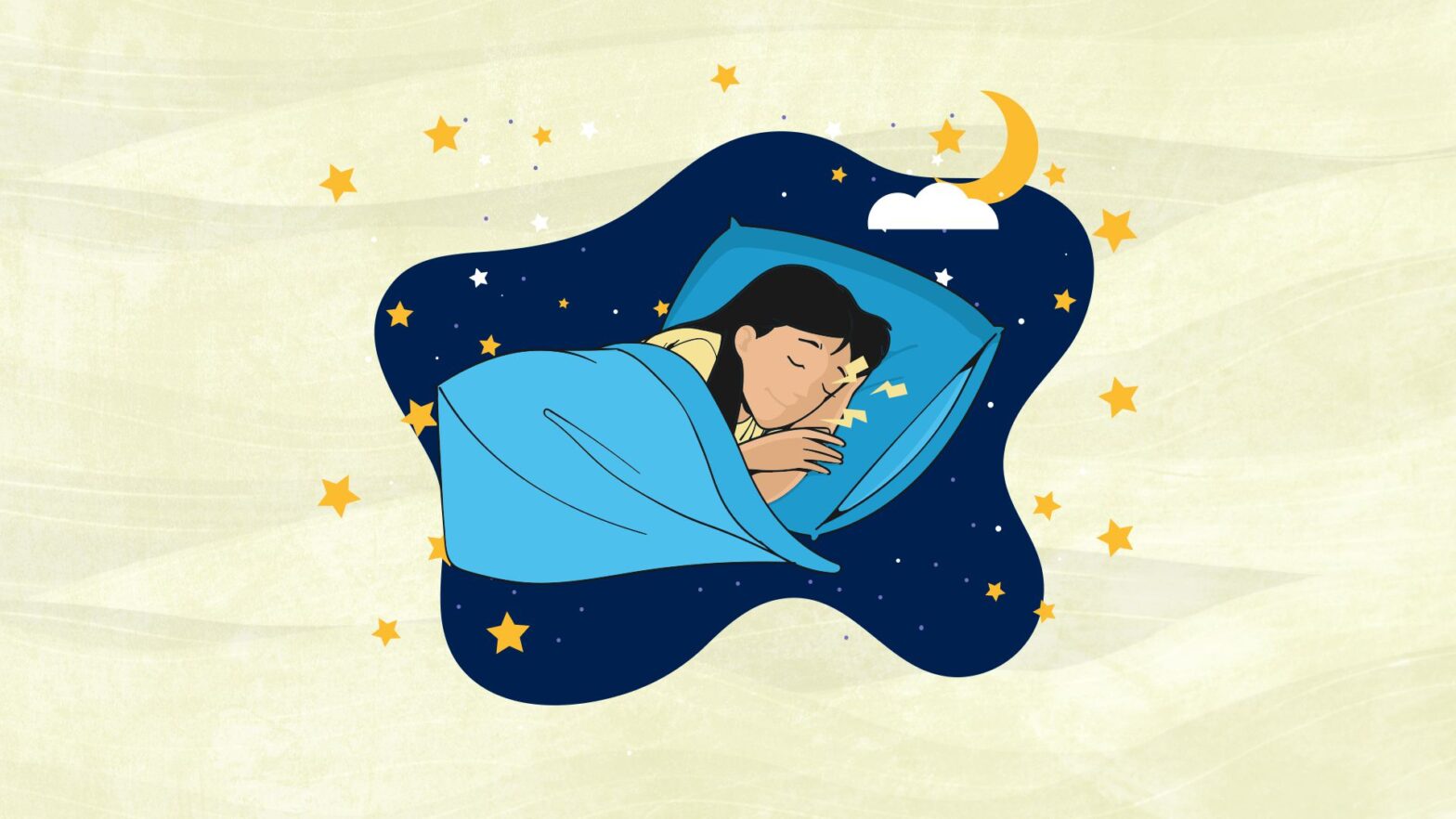
Sleep plays a pivotal role in shaping our mental processes and behaviour, serving as a cornerstone of overall well-being. Although our fast-paced world often undervalues it, we cannot overstate the impact of sleep on cognitive function, emotional stability, and daily conduct.
Sleep profoundly influences mental processes, including memory consolidation and learning. During sleep, the brain undergoes a complex process of sorting, organizing, and transferring information from short-term to long-term memory. This consolidation is vital for retaining new knowledge and skills acquired during wakefulness. Inadequate sleep disrupts these processes, making it difficult to retain information and impairing learning capabilities.
Furthermore, sleep is intimately linked to emotional regulation. A well-rested individual is better equipped to manage stressors and maintain emotional equilibrium. Sleep deprivation can lead to heightened emotional reactivity, irritability, and decreased impulse control. This can result in mood swings and a higher susceptibility to experiencing anxiety and depressive symptoms. On the other hand, a good night’s sleep boosts resilience against emotional challenges, fostering a more stable and positive emotional state.
Sleep patterns intricately affect behavior as well. Sleep deficiency frequently lowers attention and concentration levels, resulting in reduced productivity, impaired decision-making, and difficulties in problem-solving. Students may encounter challenges in focusing during classes, which can lead to diminished academic performance. In the workplace, individuals suffering from sleep deprivation may face difficulties in efficiently completing tasks and making well-informed judgments.
Furthermore, sleep deprivation significantly affects motor skills and coordination. It impairs physical reflexes, which can compromise safety – both on the road and in professional environments that require manual dexterity. Accidents related to drowsy driving or workplace mishaps often result from compromised motor function due to insufficient sleep.
We must also acknowledge the relationship between technology and sleep. Smartphones and digital devices are increasing exposure to blue light, which can disrupt the body’s natural production of melatonin, a hormone that regulates sleep-wake cycles. Excessive screen time before bedtime can lead to difficulty falling asleep and reduced sleep quality, worsening the negative effects on mental processes and behavior.
In conclusion, sleep is an essential pillar supporting optimal mental function and behaviour. It plays a crucial role in memory consolidation, emotional regulation, attention, and physical coordination. Neglecting sleep has far-reaching consequences, impacting cognitive abilities, emotional stability, and overall conduct.
Prioritizing healthy sleep habits, such as maintaining a consistent sleep schedule and reducing screen time before bed, can significantly enhance mental well-being and lead to more positive behavioral outcomes. If you’re facing issues with sleep-related problems, our expert team and our state-of-the-art sleep labs are ready to help you regain your sleep. Please feel free to contact us.
ALSO READ: Eating Better for a Good Night’s Rest